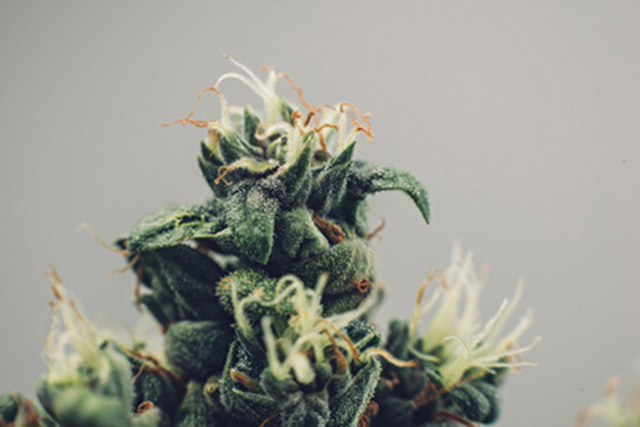Could medical marijuana change opioid overuse?
In 2014, more people died from drug overdose than any year in history. Six out of ten of those deaths involved opioids. These strong medications are prescribed for chronic pain conditions, though they often fail.
Medical marijuana is increasing in popularity as a treatment for many conditions, including eating disorders, cancers, and pain. It is becoming legal in more and more states. Painkiller related deaths are down 25% with legalized medical marijuana, that is in the states where it is legal, according to recent research.
What’s even more encouraging is that states that have passed medical marijuana laws have seen overdose rates plummet in the following years.
The researchers believe that those suffering from serious pain tend to rely more on marijuana, and less on narcotic pain medications.
Medical marijuana has much fewer side effects than opioids and has shown to be effective for pain relief. A new study will finally put marijuana up against opioids to see if marijuana can become a replacement in the future.
The problem is that marijuana is still considered a Schedule 1 controlled substance, which is the same category as hard drugs like heroin, LSD, ecstasy, meth, and more.
The new study led by Emily Lindley at the University of Colorado’s Anschutz Medical Campus is finally underway, as it took 2 years just to get clearance.
Interestingly enough, marijuana is already legal in the state of Colorado, which makes the delay confusing.
As the Atlantic reported:
“The current status of medical marijuana research is rife with irony. As states have liberalized marijuana laws, they’ve created new opportunities: Lindley’s grant is part of $9 million Colorado awarded for medical research in 2014, using tax money from marijuana sales.
But since pot remains illegal at the federal level, researchers have to jump through regulatory hoops — lots of them — to do legitimate research.”
Marijuana is not just effective for pain. Studies have shown that it can treat many other conditions, including inflammatory bowel disease and has even shown potential in Alzheimer’s treatment.
Note: None of the information in our website is intended to diagnose, treat, cure or prevent any illness or disease. The content on our website is for educational purposes only.
DON’T FORGET to sign up for our weekly newsletter to get our latest articles, updates, free recipes and giveaways.
Painkiller related deaths are down 25% with legalized medical marijuana.
Cannabis beats traditional drugs for inflammatory bowel disease.
Cannabinoids kill toxic Alzheimer’s proteins.
REFERENCES:
1. “Medical Cannabis Laws and Opioid Mortality.” JAMA Internal Medicine. JAMA Network, n.d. Web. 2 Dec. 2016.
2. “Could Medical Marijuana Replace Opioids as a Pain Reliever?” Mercola.com. Mercola.com, n.d. Web. 02 Dec. 2016.
3. “A New Test of Pot’s Potential to Replace Painkillers.” The Atlantic. Atlantic Media Company, n.d. Web. 02 Dec. 2016.

















